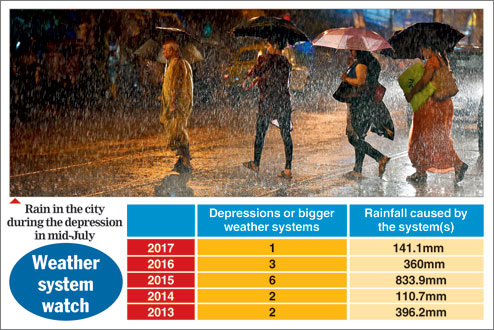
April 16: Brexit is weighing on the minds of the Bengali diaspora in the UK as they grapple with their future and that of their kids.
Britain's Prime Minister, Theresa May, has initiated the process that will result in the country's separation from the European Union in two years.
Mahuya Bhattacharya, living in Cambridge for the past 18 years, first experienced racial slur about 12 years back.
"I faced a racial comment from a white man who was in his full senses. I was asking him directions and he told me he didn't speak to people of my colour," recounted Mahuya, who has all through lived in the university town, known to be a melting pot of cultures.
"My other experience was more recent. A drunk European woman asked me to go back to my country. To which I replied she should go back to hers," said the civil servant, who works in the department of environment, food and rural affairs.
But it's not just racial abuse that is weighing on Mahuya's mind in the run-up to Brexit. An equally pressing concern is funds cut for her work.
"I manage European funds for rural development in the UK. I am working on a five-year European programme and am worried that funds for the programme will stop when Brexit kicks in after two years," Mahuya said.
Husband Manash Chatterjee, who is a bio-technologist and has business interests in Europe, is worried, too.
"His consultancy business in Europe will be affected. Research grants will dry up and he will have to negotiate contracts with different countries," Mahuya said.
But her primary fear revolves around her 13-year-old son Ishan. "Me and Manash are first-generation immigrants. We can go back to India if the going gets tough. But Ishan is a British citizen. What will post-Brexit be like? I worry for him," the 46-year-old mother said.
Investment banker Samaroha Das, who works with Morgan Stanley, had voted for Remain but is ready to face the post-Brexit UK.
"What could impact me is that the borders will no longer be open. So travelling to Europe will need passport and visa stamps. Professionally, I have the bandwidth to carry on as earlier. We have established offices in 10 countries of Europe. Maybe, I will not be able to access the talent pool in Europe as freely as earlier," said the Hartfordshire resident, a La Martiniere alumnus who has done engineering from Nagpur University and MBA in Hyderabad.
If Mahuya and Samaraho had voted for Remain, opthalmologist Ananda Gupta voted for Leave. Gupta, who was born in London and raised in Calcutta, returned to his country of birth for medical training.
Gupta believes borders should go up if for nothing else than to protect jobs and curb crime. "There has been a huge spurt in crime since the huge influx of refugees began," he said.
The opthalmologist blames refugees and immigrants for the "decline" in the quality of the National Health Service. "We were having to see an insane number of patients every day, and naturally the quality of service was going down," said Gupta, who does worry about the economy tanking up post-Brexit and the pound going down. But five years later, the doctor believes, things will fall into place.











